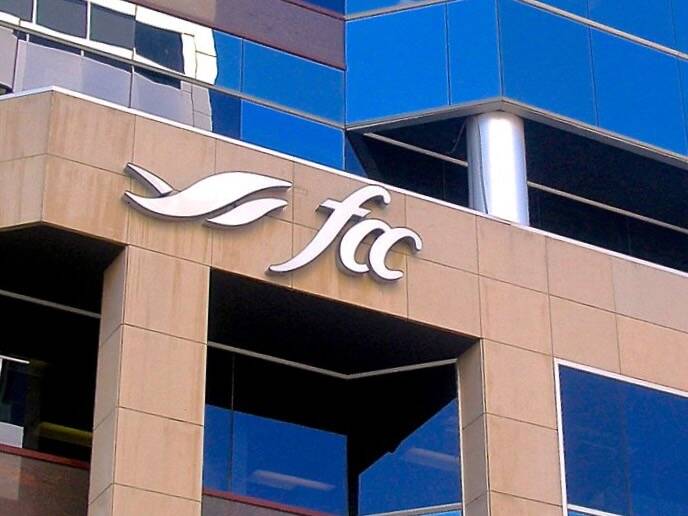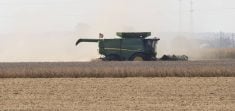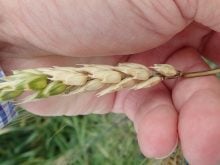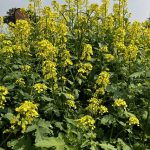Canada should demand compensation from the U. S. for damages, legal bills and lost profits stemming from its government’s latest failed trade action against the Canadian Wheat Board, says federal Agriculture Critic Wayne Easter.
Easter, a Liberal MP from P. E. I., said last week he had written to the Conservative government’s newly appointed International Trade Minister Stockwell Day on the matter.
Easter asked Day to “pursue with the U. S. administration” that Canada and the CWB be compensated for damages resulting from tariffs slapped on Canadian spring wheat exports to the U. S. between August 2003 and February 2006.
Read Also

Farm Credit Canada forecasts higher farm costs for 2026
Canadian farmers should brace for higher costs in 2026, Farm Credit Canada warns, although there’s some bright financial news for cattle
Easter, in a letter to Day dated Oct. 31, said Canada should also demand from Washington that “all legal costs which have been borne by the Canadian Wheat Board and other Canadian interveners be compensated for; and that any lost profits to producers be compensated for by the U. S. government.”
“Western Canadian grain farmers have been unfairly targeted and deserve to receive full compensation for the damages inflicted,” Easter wrote.
Precedent setting
The tariffs in this case were imposed in an anti-dumping and countervailing duty case launched in 2002 by the North Dakota Wheat Commission.
The CWB appealed to a North American Free Trade Agreement (NAFTA) tribunal, where the tariffs were deemed to be unfairly imposed.
The U. S. Court of International Trade, in what the CWB considers a precedent-setting ruling for future cross-border trade disputes, ordered last month that the tariffs collected by the U. S. government all be refunded.
Repaying the duties was demanded by both logic and law, the CIT said in its Oct. 20 ruling, and “because the subject imports caused no injury during any time relevant to this inquiry, (the) CWB should owe no duties,” the CWB quoted the CIT as saying.
“The decision ties up the last remaining loose ends of the most extensive trade battle ever to involve Canadian grain,” the CWB said Oct. 30.
More importantly, “this ruling sets a valuable precedent for anyone who trades into the U. S., including western Canadian wheat farmers,” said CWB chairman Larry Hill.
“There are now clearer rules about what happens at the end of the process when a trade dispute is settled,” said Hill, adding that the ruling “gives more meaning to (Canada’s) rights under NAFTA.”














